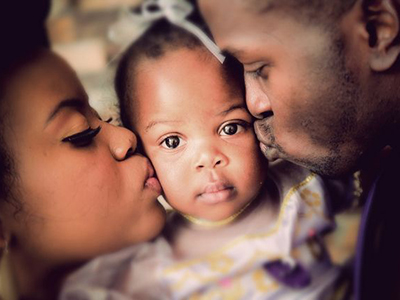Do you love one child more than the other?

A fairly recent survey shows one in six mothers has a favorite child – but would never admit to it.
Some mums say they love their children in exactly the same way, while others say they love their children differently – but equally.
Needless to say, effects of parental favoritism, left unchecked, can be long lasting.
Here are some possible outcomes that can affect both the favored and unfavored child.
Perception is everything
It doesn’t matter whether you’re the chosen child or not, the perception of unequal treatment has damaging effects for all siblings. The less favored kids may have ill will toward their mother or preferred sibling, and being the favored child brings resentment from one’s siblings and the added weight of greater parental expectations.
Some positives
Long-term effects of being the favored child are not all negative. One expert asserts that there are, in fact, lots of advantages – including a bolstered self-esteem. The favorite child often grows up feeling confident and powerful with an attitude of “I can get things done”.
Negative effects
On the flip side, in the long-term, favorite children may struggle with intimate relationships when they find that no one can possibly love them as much as the parent who favored them. They’re more likely to be depressed because they spent so much of their lives trying to court parental favor that they may not have developed their own personality.
Likewise, the overlooked child, who didn’t have to do the ‘pleasing dance,’ may have been free to experience the things he or she wanted to experience and to be the person he or she wanted to be. On the other end of the extreme is the unfavored child, who is often on the receiving end of the parent’s anger.
The unfavored child
The unfavored child perhaps stands to suffer the most – even long after he or she has left home whether it be through depression, weakened self-esteem or a chronic need to feel special. And in many cases, sibling relationships are strained as resentment from favoritism breeds.
One doctor said “I see patients who, even well into their 50s, carry feelings about being the favored or unfavored child…I have a patient in his 60s whose mum is still alive. He still feels slighted when his elderly mom needs something and turns to his sister. He still wants to be seen as special to his mother.”
Long term
When kids have grown and left the house, you’ll see a lot of instances where siblings avoid each other to the point where they haven’t talked in five years. The relationship can be that strained. And when parents get older, sibling rivalries don’t necessarily end. They often rear their ugly heads again.”
So as a mum or a parent…. are you playing the “favourites” card? Is it possible to show equal love to your children equal love?
